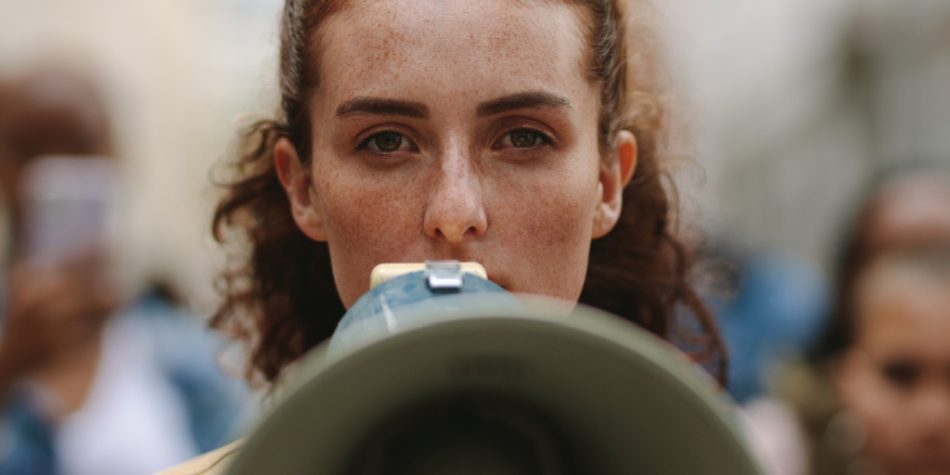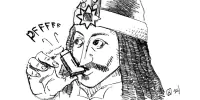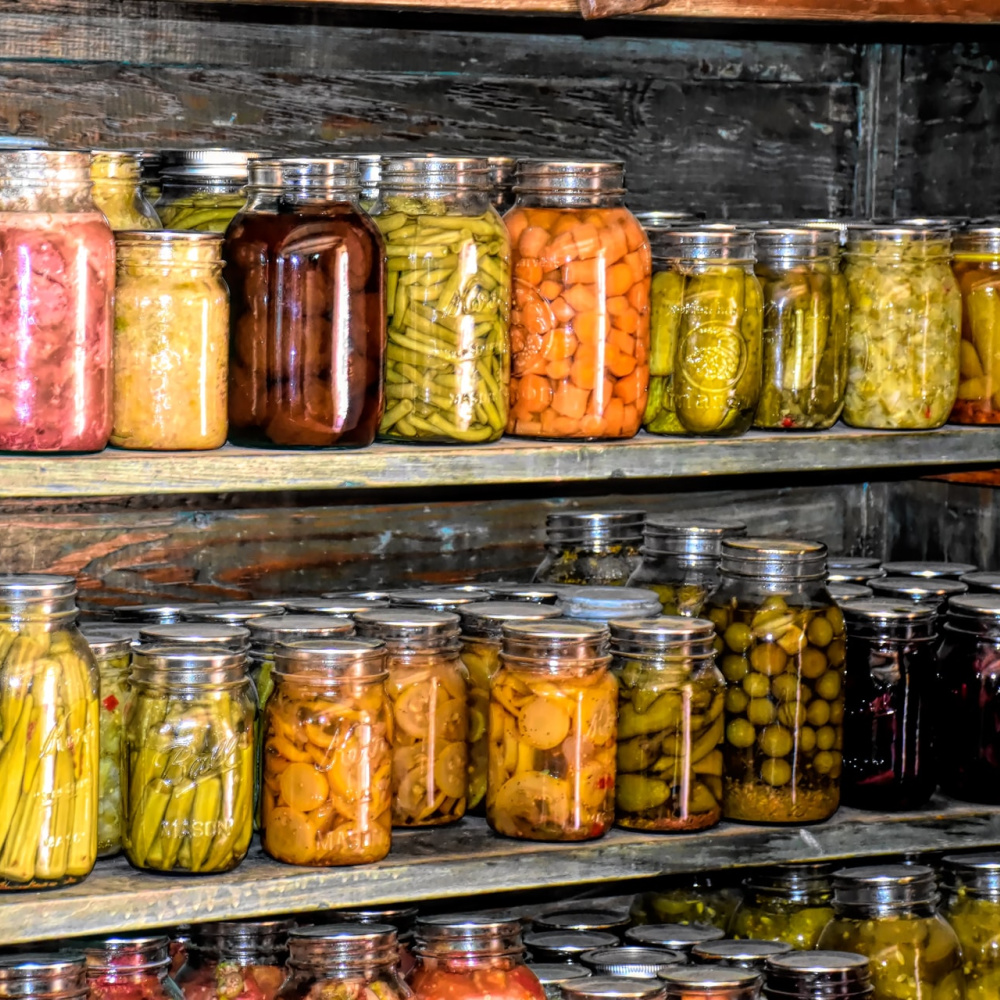A recent piece in The Atlantic discusses the costs of our increasing use of the label “toxic.” The author argues that we’ve expanded the scope of behaviors we consider intolerable in order to rid ourselves of any people or groups that cause us even mild discomfort. I think she’s right. I would add that demands for autonomy that erode a sense of duty toward others, abundant virtual communities, and technological advances designed to reduce human interaction are resulting in crippling levels of loneliness, isolation, and unhappiness. We can no longer distinguish between conflict and abuse, and we are “self-caring” ourselves out of the difficult interpersonal skills necessary for emotional intimacy.
There was, however, one contention raised by the author with which I disagreed. She writes,
One of the easiest explanations for the “toxic” trend is clearly false: Young people aren’t misanthropes. In the past few years, Millennials and Gen Zers have helped rejuvenate the concept of mutual aid, participated in some of the country’s largest-ever demonstrations in favor of racial justice, and expressed a renewed interest in organizing labor. Many of us are thinking hard about our interconnectedness and sometimes tying ourselves in knots trying to do the right thing.
I definitely don’t think that young people are misanthropes, either. And their sensitivity to societal sources of suffering is not an impulse anyone should want to quell. But the idea that social justice or political activism makes one a loving person—and that participation in such is essentially synonymous with loving humanity—is, I think, a misconception that actually exacerbates our interpersonal problems and isolation.
Dostoevsky expresses this well in The Brothers Karamazov. A wealthy woman admits to an Orthodox elder how she’s sometimes ready to leave her handicapped daughter and devote herself to monastic service. She realizes, however, that her zeal might not survive the demands of such a life. The elder recounts to her the following:
It’s just the same story as a doctor once told me,” observed the elder. “He was a man getting on in years, and undoubtedly clever. He spoke as frankly as you, though in jest, in bitter jest. ‘I love humanity,’ he said, ‘but I wonder at myself. The more I love humanity in general, the less I love man in particular. In my dreams,’ he said, ‘I have often come to making enthusiastic schemes for the service of humanity, and perhaps I might actually have faced crucifixion if it had been suddenly necessary.”
The doctor values general human welfare the way the author of the Atlantic article expansively suggests that the activism of young people is evidence that they are not misanthropes. But he goes on:
Yet I am incapable of living in the same room with any one for two days together, as I know by experience. As soon as any one is near me, his personality disturbs my self‐complacency and restricts my freedom. In twenty‐four hours, I begin to hate the best of men: one because he’s too long over his dinner; another because he has a cold and keeps on blowing his nose. I become hostile to people the moment they come close to me. But it has always happened that the more I detest men individually, the more ardent becomes my love for humanity.
The elder’s point is clearly not to speak against serving humanity in general since, as a monk, he had aimed himself at just such a life. His point was that it’s easier to devote oneself to an abstract idea of human beings than it is to love individuals. The abstraction called Humanity makes few real demands of us; individual human beings, by contrast, will try our patience relentlessly. When loving humanity becomes a pretense for dehumanizing individuals, we are no longer fighting Evil; we are becoming it.
The danger in using one’s commitment to social or political causes as a barometer for tolerance, love, mercy, or justness is that such commitments rarely require the selflessness that defines these virtues. This is especially true in the age of social media. As a friend has written, grandstanding on social media does not make you a good person, but there’s a real risk it can make you uncivil, intransigent, and insincere. When every post or exchange takes place before an audience, there are strong incentives to perform. The nature of online activism makes it easy to lose track of whether you are serving a cause or it’s serving your ego.
Without a great deal of restraint and character, “fighting” for a cause generally devolves into just fighting; for one’s team or even just one’s sense of self-importance. When the good of Humanity is at stake, indignation and anger become virtues. Whether Evil manifests itself on Twitter or at the Thanksgiving table, it must be shouted down and humiliated for good measure.
But Evil cannot be shouted down or humiliated—only people can. What evil can do is obscure the humanity of the people right in front of us and develop a disposition to hurt and punish. When loving humanity becomes a pretense for dehumanizing individuals, we are no longer fighting Evil; we are becoming it. Dostoevsky’s point in The Brothers Karamazov is not only about the difference between loving men and loving Mankind; it’s also about the way the latter makes it easy to deceive ourselves about the former. He is pointing to the irony in believing we can be indifferent, or even cruel, to individuals but still believe ourselves capable of bringing about their good at a collective level.
The truth is that real people—individuals, not Humanity—will almost always stand between us and our vision of the good. That’s where the real tests of tolerance, love, mercy, and justness begin. This doesn’t mean we wait until we are perfect before seeking out worthy social or political causes. It’s often through our anxious engagement in good causes that we encounter individuals needing our time and “enemies” on whom we can bestow unexpected understanding.
But if we find ourselves constantly at odds with those in our immediate proximity, we should be honest with ourselves. Which is it that really requires more self-sacrifice and compassion: deep connections to family, friends, colleagues, and fellow worshippers, or political and social allegiances? We don’t have to abandon social or political causes to placate our nearest and dearest, but neither should we allow all-or-nothing ideologies to hold our relationships hostage. Learning to navigate the tensions between our own ideals and the needs of others is more than just rewarding; it’s the catalyst for the spiritual and emotional growth we ought to require of those who want to impact human affairs at scale.


















